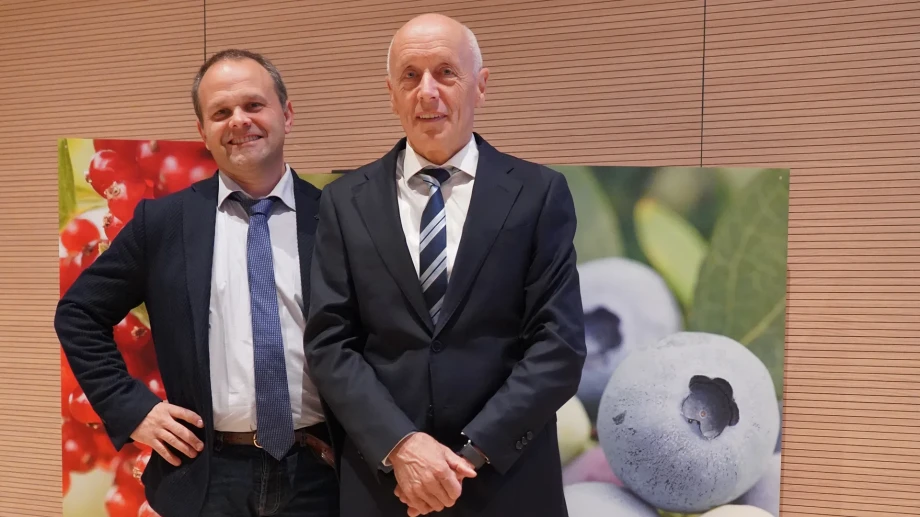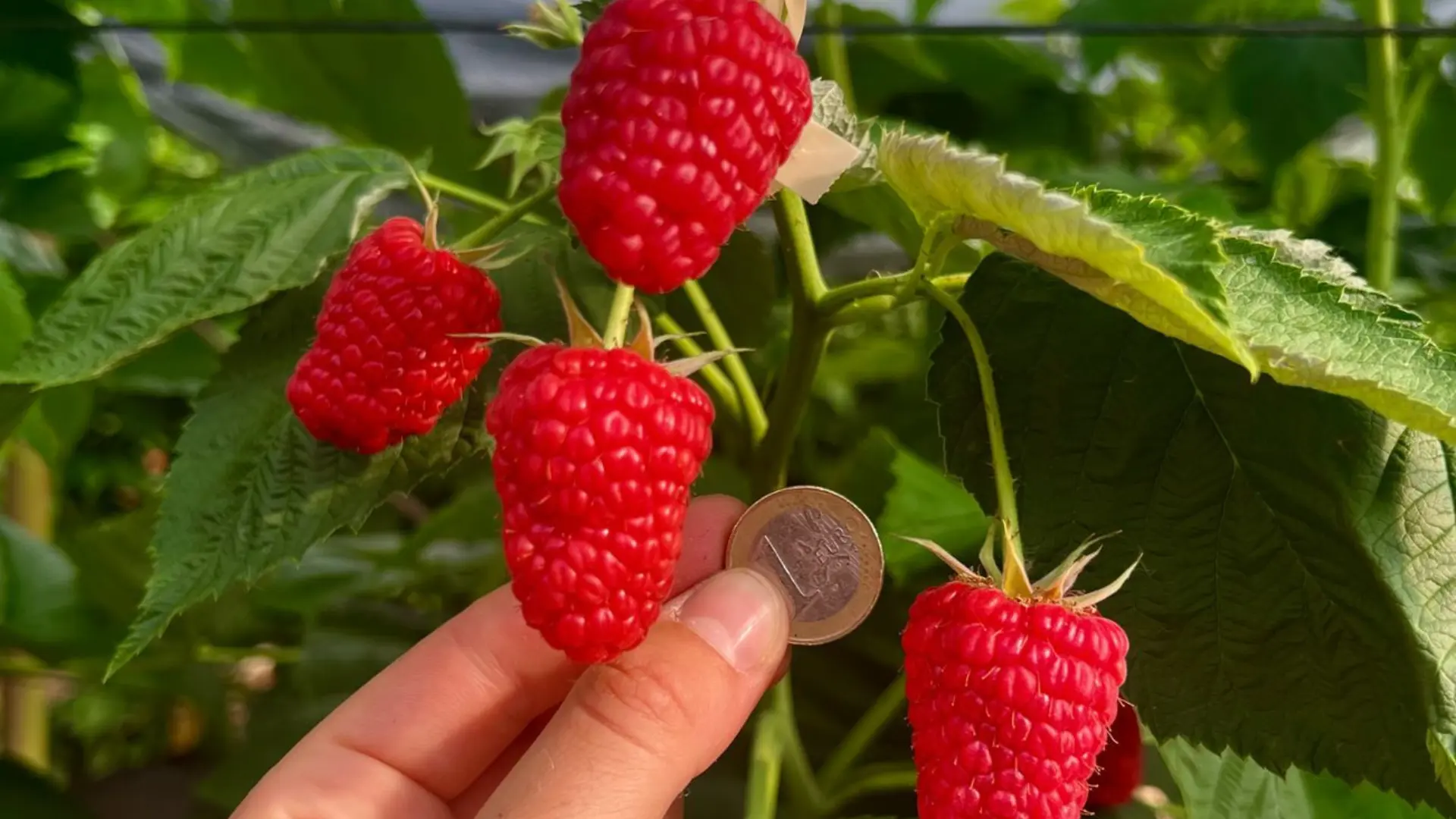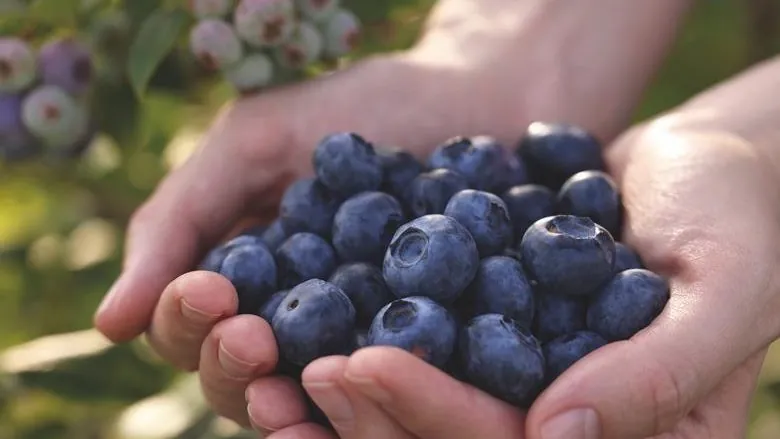PRESS RELEASE
It's a good balance sheet presented late Saturday afternoon by the president of the Sant'Orsola agricultural cooperative, Silvio Bertoldi, and approved by the members who crowded the company auditorium during the annual meeting.
By the end of 2023, the turnover of the characteristic sector, berries, strawberries, and cherries, as written in the financial document, amounted to 65 million Euros, an increase of 11.57 percentage points compared to 2022. This increase led to a distributed payout to members of 28.89 million Euros, growing by 10.54 percent year-over-year.
The net profit included in the balance sheet is substantial, amounting to 744,540 Euros, significantly higher than in 2022.
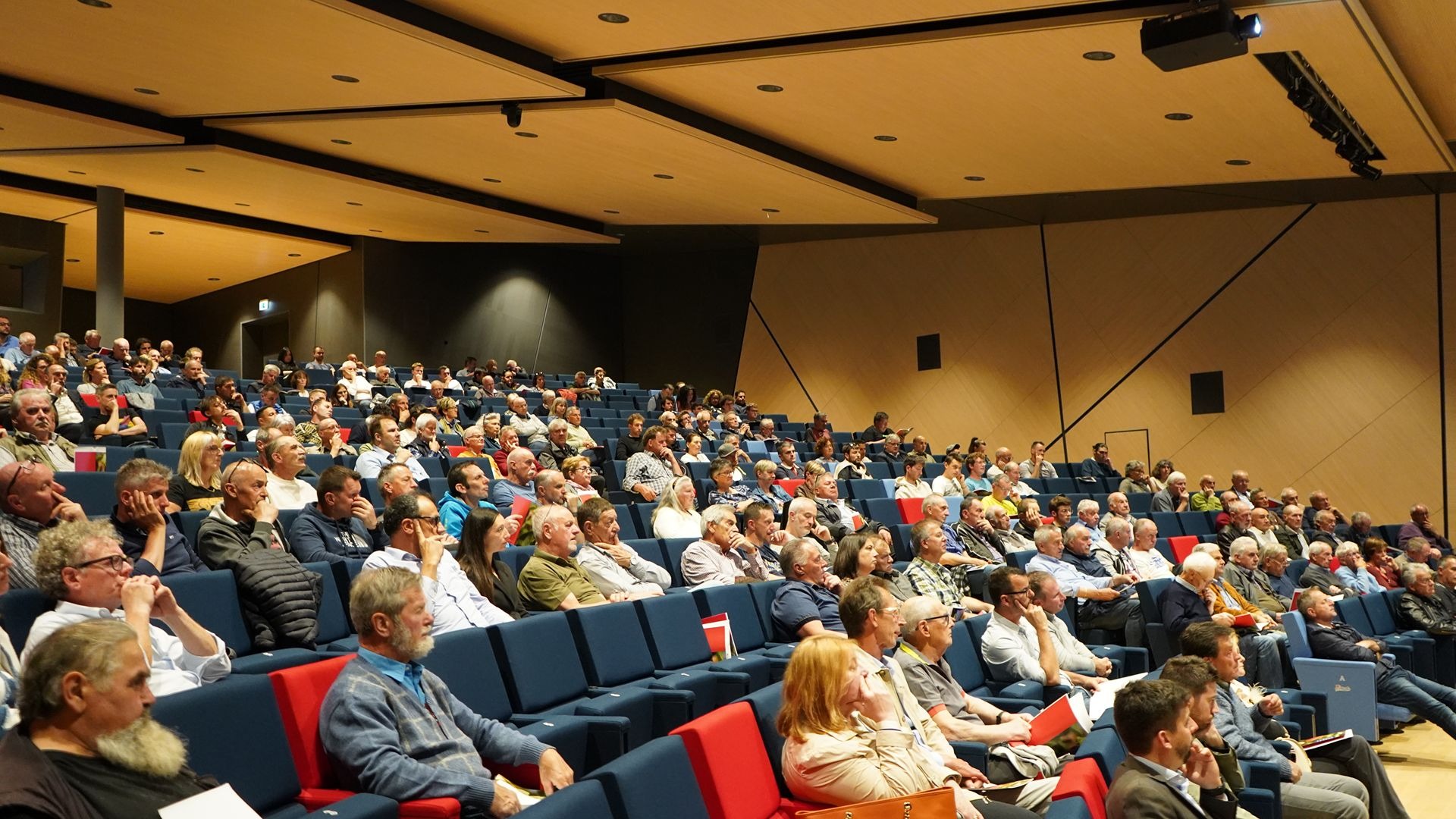
Despite the volume of fruit delivered being almost the same as the previous year, the cooperative performed well in 2023 as it managed to negotiate better selling prices compared to the past, when the post-Covid effects and general economic uncertainty had significantly depressed them. It focused heavily on clientele, including large organized distribution and fruit and vegetable markets, thus regaining substantial margins in sales despite the numerous challenges faced throughout the year. In fact, in 2023, the high costs of energy, raw materials, and bank interest rates weighed significantly on the entrepreneurial activities of the 750 fruit-growing members. Adverse weather events and the precariousness resulting from international instability added further difficulties to the sector.
Sant'Orsola responded to the multiple challenges to ensure profitability for its members and effectively conveyed the values of its berries, including those with zero residue, which are increasingly gaining market share and on which it is investing additional efforts.
Among the noteworthy investments made is the one aimed at producing clean energy in-house. The extension of the company's surfaces covered by photovoltaic panels by the end of 2024 will enable obtaining over 35 percent of the cooperative's average annual energy needs.
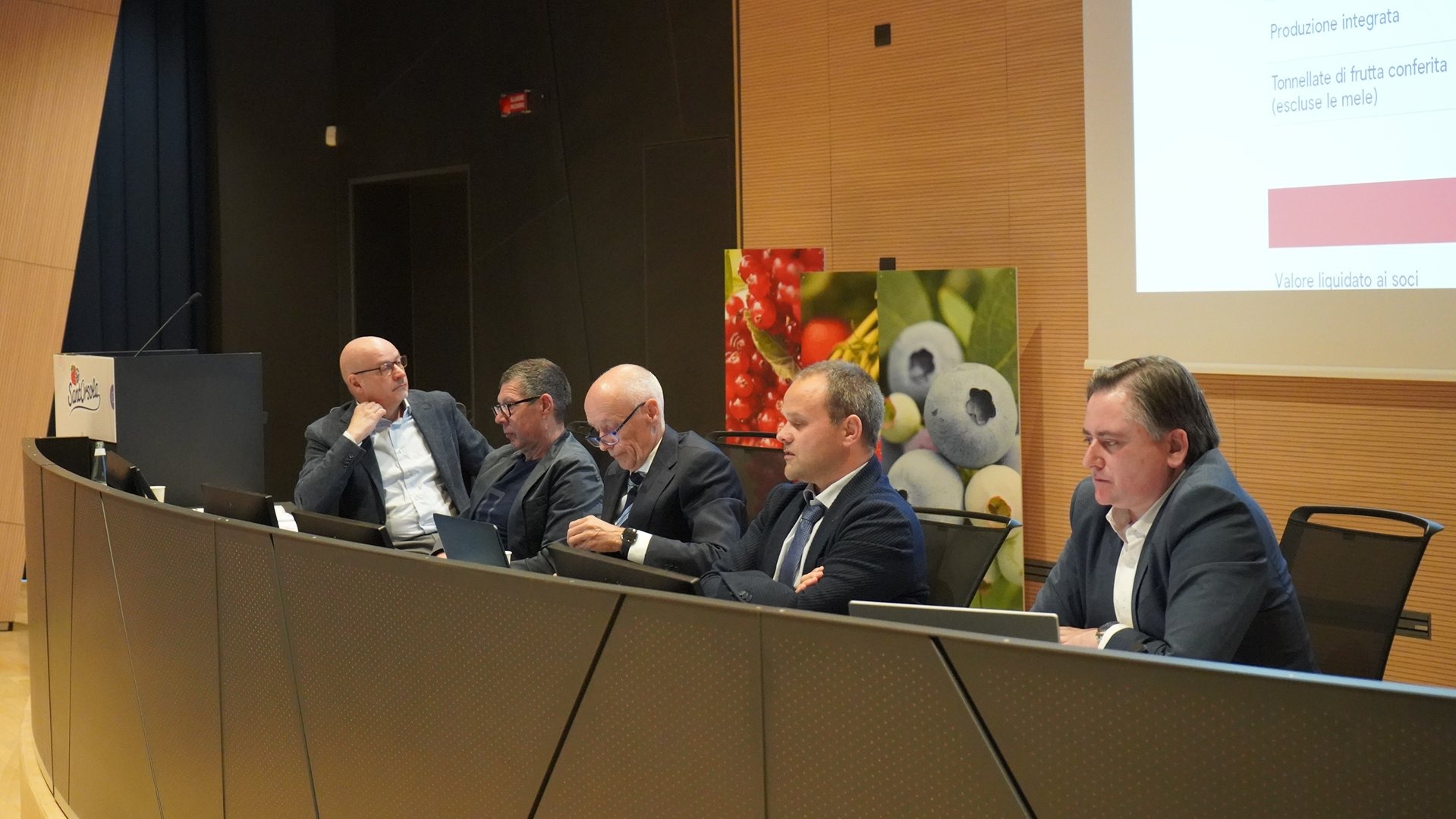
And it was precisely to the future that Director Matteo Bortolini focused in his speech. Faced with an ever-growing small fruit market and the demand for ever greater quantities of fruit from customers, he urged members to increase their knowledge and entrepreneurial skills even more. He urged them to invest in the existing facilities to improve their efficiency, processability and handling, in a word to optimise the general organisation of work. "The power to do something tomorrow is in our and your hands," said Bortolini, inviting them to seize the market situations that the cooperative points out so as to plan business investments wisely.
The near-future plans of Sant'Orsola already include the 14th edition of the International Symposium on Rubus and Ribes (international symposium on raspberry, blackberry, and currant). The president announced that in July 2027, the important gathering of 200 scientific researchers in the field will take place at the cooperative. It is the first time that the ISHS (the International Society for Horticultural Science) has entrusted the world's most prestigious scientific event in the sector to a private company, while each previous edition had been exclusively entrusted to university venues. The last time it was held at state universities in Oregon and Washington in the USA. For Sant'Orsola, this is an important recognition of its research and development activities that have been ongoing for over two decades and have enabled it to produce patented varieties of berries known worldwide.
Within the current year, the cooperative will also present the final results of the study initiated in 2023 to offer members a comprehensive package of proposals and solutions, containing not only scientific data but also cost analyses for new facilities, implementation techniques, and environmental integration methods. The study aims to counteract the significant negative effects of climate change, which are now capable of impacting production cycles in agriculture. To adapt and not passively suffer the consequences, it has initiated research and analysis especially in Northern Italy to identify ways to construct new facilities more suitable for overcoming pronounced droughts, strong winds, and increasingly high air temperatures.





